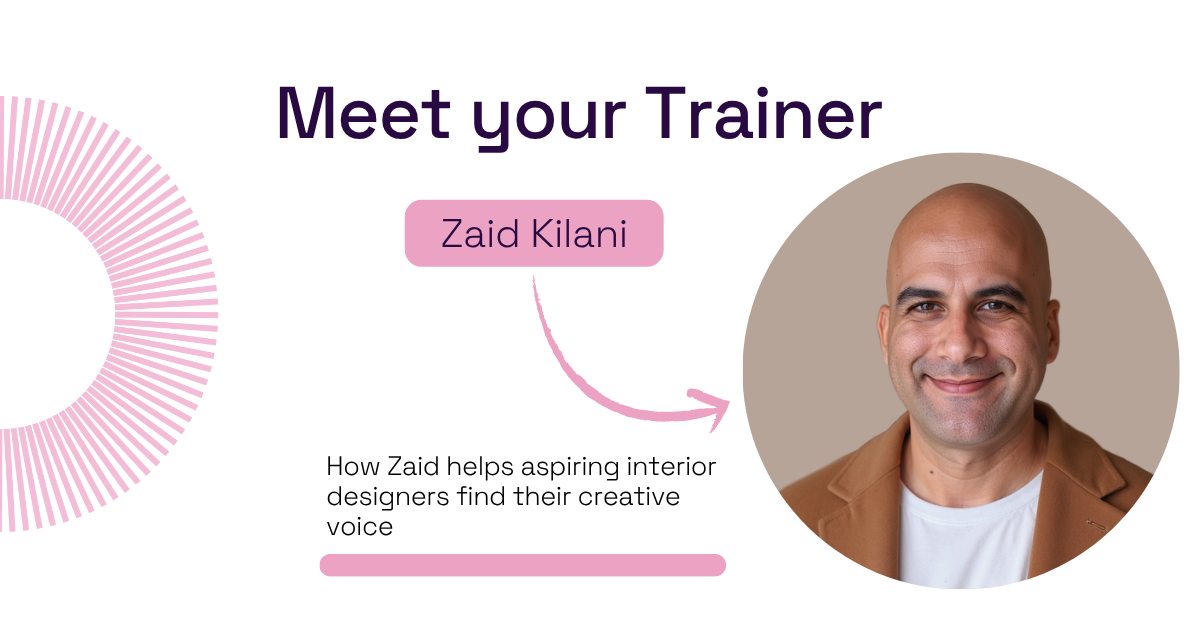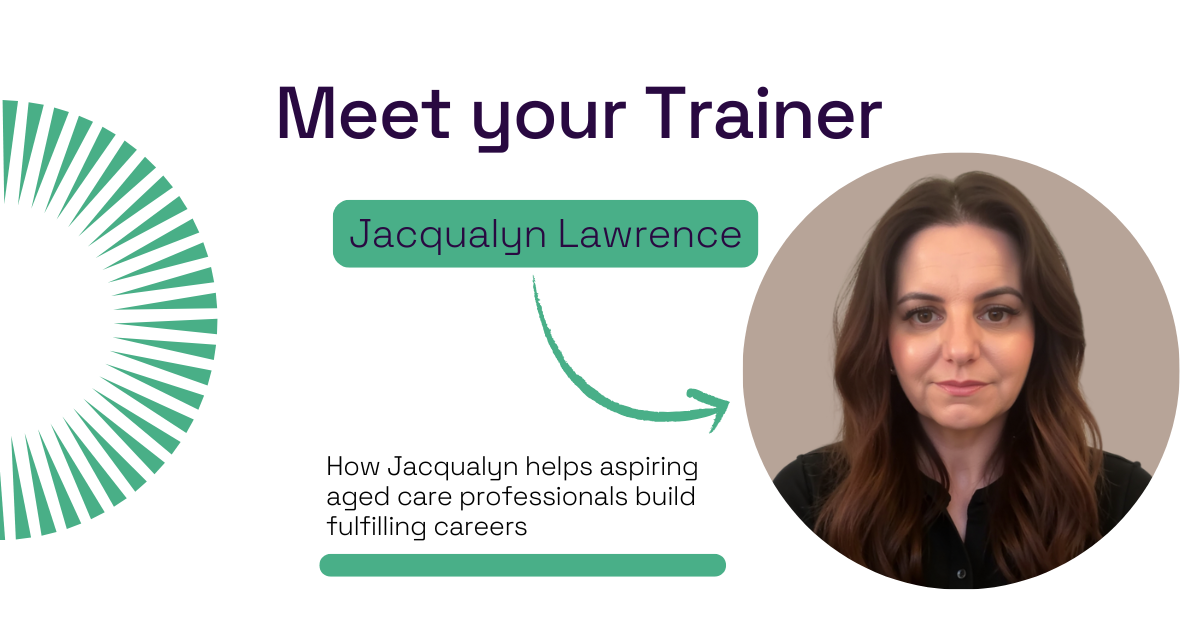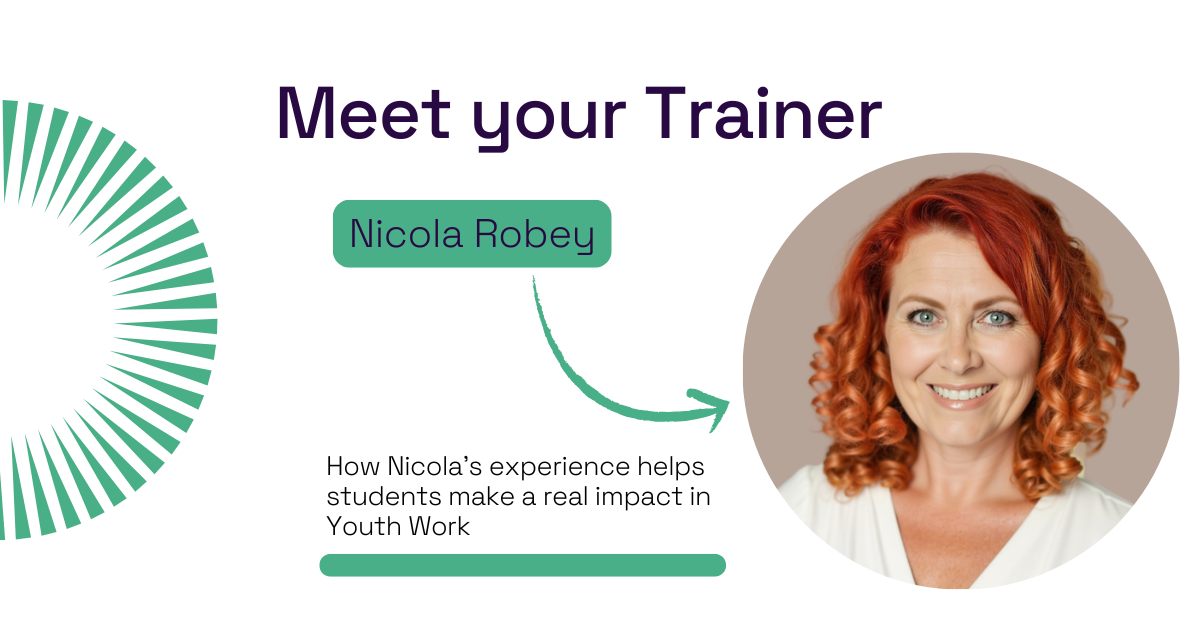Explore our collection of informative and educational blog posts to stay updated on the latest industry trends and expert advice.
How to write a great cover letter

How to write a great cover letter
Whether you’re applying for your first job, looking to switch careers or returning to the workforce after a break, there’s an art to writing a cover letter.
The first line of a book can make or break a novel. And just like a good book, your cover letter needs to grab the attention of your audience from start to finish.
Jump to section:
What to include in a cover letter
See More
Top 5 tips on writing a cover letter
Writing a cover letter with no work experience
What is the format of a cover letter?
Firstly, what is a cover letter?
A cover letter acts as an introduction to your resume when you submit a job application. Your cover letter should clearly detail your skills and experiences, how they relate to the role you’re applying for and why you’d be well-suited to the job.
You should always include a cover letter with your resume when you’re applying for jobs, unless it states specifically in the job ad that you shouldn’t.
A great cover letter should be compelling enough that the person reading it goes on to read through your resume and, ultimately, offers you an interview.
A bad cover letter will end up straight in the bin.
But your cover letter doesn’t have to be relegated to the shredder. There are ways that you can make your cover letter shine.
Read on to find out how.
What to include in your cover letter
When writing your cover letter for a job application be sure to include the following:
- An introduction and a little bit about yourself.
- Always mention the name of the company and why you want to work with them.
- Mention the title of the job you’re applying for.
- List your skills and experiences in an easy-to-read format (don’t just copy and paste from your resume).
- Link your skills and experiences to the role.
- Include your name and contact details.
Top 5 tips on how to write a great cover letter
Your cover letter is your chance to make a great first impression and, hopefully, land an interview. Remember, hiring managers and others involved in the recruitment process might receive dozens of applications a day. So you need to ensure that yours stands out.
Here are our tips on how to write a great cover letter. These tips apply whether you’re applying for full-time, part-time or casual work or for an internship.
1. Research the company and the role
Always make sure that you read the job description thoroughly and that you research prospective employers before applying. Read through the company’s website, watch any videos they’ve posted, check out their social media accounts and see what other people are saying about them. You should always mention the company and the role that you’re applying for in your cover letter.
But what if the name of the company isn’t listed on the job ad?
Sometimes, you might find a job ad that’s been advertised and doesn’t list the name of the company. Recruitment agencies and businesses do this for a number of reasons.
Don’t worry. You can still apply and describe how your skills are relevant to the job advertised even without the name of the company.
Alternatively, you can always contact the recruitment company or the advertiser and ask directly what company the job is for.
2. Name the person who will be reading your cover letter
Go the extra mile and try to discover the name of the person who will be reading your cover letter.
If you’re lucky, the name of the person will be listed in the job ad, which makes things simple. If not, you can find out this information by contacting the company (or the recruitment company the job is advertised through) and simply asking. This shows that you’re willing to go the extra mile to get all the details right.
Stephanie Kinkaid is a Career Counsellor and Assistant Director of the Wackerle Career and Leadership Program at Monmouth College. She’s a job outlook expert and a published career journalist who has counselled hundreds of students. She also advises people to try and find out the name of the person hiring. “Resumes may get you a job,” Stephanie says, “but your cover letter opens the door. So use the opportunity to address the employer personally if possible.”
If after all this you still can’t get a name, then don’t panic. It’s fine to use “To whom it may concern”.
3. Use the right kind of language
You should match your language to suit the role that you’re applying for.
For example, if you’re applying for a job at a bank, the language you use in your cover letter will differ slightly from the cover letter you write applying for a job at a creative agency.
Using industry jargon and job-specific terminology will also help to demonstrate your knowledge. Just make sure you’re adding it in where appropriate so it doesn’t feel forced, and always make sure you’re using it in the right context.
4. Link your skills and experiences to the role
Most job ads will include a list of skills that are either necessary or desirable. If you have these skills make sure to clearly list them out. Just ensure that you’re not repeating what’s listed in your resume word for word. You don’t want your cover letter and your resume to be identical to one another.
“You should focus on at least three to four of your skills that directly apply to the position and tie your attributes to the company to which you are applying,” says Stephanie.
5. Tell them why you’re right for the job
After you’ve detailed your skills and experiences, write a few brief sentences about why you’re the perfect candidate for the job. You can use this section to demonstrate how your skills and experiences would allow you to excel in the role.
As Simon Sinek said: “People don’t buy what you do, but why you do it.” Listing your skills and experiences is great, and people need to know that you possess these things in order to do the job you’re applying for. But you should also tell them not just about the what but also the why. Why are you applying for the job? What inspired you to apply for this job at this particular company? And why would it benefit the company to hire you?
How to write a cover letter if you have no experience
At first glance, writing a cover letter with no previous experience might look difficult.
But if you’re entering the workforce for the first time and looking for entry-level roles, or if you’ve taken a substantial break from the workforce, you can still write an attention-grabbing cover letter.
A large chunk of any cover letter is usually dedicated to highlighting the person’s skills and experience in relation to the role advertised. If you’re writing a cover letter with little to no experience or previous hard skills, then focus on your soft skills instead. You can also list skills you’ve developed through courses, qualifications, volunteering opportunities or other extracurricular activities you’ve completed rather than listing previous positions.
You should also make it clear to your potential employer that a lack of experience isn’t a barrier to learning new skills. Let them know you’re enthusiastic about learning new skills and are ready to commit yourself to the role if hired. Check out how to write a resume with no work experience here.
What is the format of a cover letter?
So now that you know what you should include in your cover letter, how should you set it out?
Here’s a basic overview on how to structure your cover letter:
- Choose a standard font such as Calibri, Times New Roman or Verdana. Your resume should also be in the same font.
- The spacing should also follow standard guidelines and be easy to digest, as the person reading it probably has dozens of cover letters to read in a day. You want them to be able to scan it quickly and still get all the necessary information.
- The date and your contact information should be in the top left-hand corner of the page. The contact information of the person you’re addressing should be beneath this (this format can be changed up, depending on your preference).
- Start with a formal, “To/Dear Ms/Mr (Hiring Manager)” or “To whom it may concern”.
- Introduce yourself and inform the reader why you’re applying for the role. Your first paragraph should be able to grab the reader’s attention.
- Explain how the role aligns with your career goals.
- Detail your skills and experiences and link them to the role.
- Tell the reader why they should hire you.
- Always make sure to thank the reader for their time and consideration, and encourage them to read your resume.
- Close your cover letter by letting them know what you want. E.g. “I look forward to hearing from you soon and arranging an interview.”
- Finish the cover letter with a formal sign off. E.g. “Kindest regards” or “Sincerely”.
This cover letter template is not set in stone, and you may notice that many cover letter examples don’t follow this format exactly. That’s OK – you can change things up if you think it reads better, because at the end of the day you’re trying to craft a cover letter that represents you and is compelling enough that the reader will also look at your resume. This template is intended as a starting point to get you thinking about how you want to lay out your own cover letter and what’s going to work to grab your reader’s attention.
How long should a cover letter be?
Your cover letter should act as an introduction to your resume, and should be no longer than one page (roughly 350-400 words). Remember, the purpose of a cover letter is to introduce yourself and encourage the reader to look at your resume. If it’s longer than one page, edit your work until it fits onto one page. (And no, we don’t mean changing the font to a size eight.) The simple fact is, if your cover letter is too long people simply won’t read it.
Things to check before you hit send
Your cover letter needs to make a great first impression.
Finally, here are some things you should not include in your cover letter, and things to consider before you send it out to your prospective employer:
- Do a spellcheck for any typos or errors. Even better, get someone to have a read over it.
- Make sure your cover letter is no longer than one page.
- Make sure you’ve included the name of the right company and that it’s spelled correctly (if you’re applying for multiple jobs at the same time, you can sometimes lose track of things).
- If you are applying for other jobs, there’s no need to mention this.
- If you’re applying for jobs because you want to quit your current job, there’s no need to mention the reasons why you want to quit.
- Similarly, if there’s a gap in your resume (because you’ve been made redundant, because you’ve taken time off to care for others, or any number of reasons) you don’t need to explain this in your cover letter.
- Give your cover letter a final read over and, once you’re convinced that it’s perfect, send it off with your resume.
Cover letter example
|
Vijay Chakrabati 0413 567 765 vjc@gmail.com 4 March 2021
Ms. Helen McDonald Recruitment Manager ABC media recruitment @abcmedia.com.au
Dear Ms McDonald, My name is Vijay Chakrabati and I’m extremely interested in the advertised Marketing Executive role at ABC Media. ABC Media has a history of more than 25 years and a record for delivering high-quality campaigns and service. My own views align closely with what the business stands for, which is a commitment to quality and customer service. Over the course of my five-year career in marketing, I’ve drawn on a number of different experiences to help me expand my skills and knowledge. My expertise lies in successfully developing effective marketing strategies through the collection and analysis of data and directing high-impact marketing campaigns. After completing my Certificate IV in Marketing and Communication through Open Colleges, I began working as a Social Media Co-ordinator for Aussie Holidays. My excellent communication skills allowed me to craft and deliver high-engagement posts across multiple channels, including Facebook and Instagram. I’m also familiar with Google Analytics, Facebook Analytics, Instagram Insights and Hootsuite. Upon joining Florists Online as Digital Marketing and Communication Co-ordinator in 2017, I contributed to the delivery of progressive communications strategies by co-ordinating the delivery of marketing campaigns and initiatives. This involved brand management, email campaigns, social media campaigns and online virtual events. Within 18 months I was promoted to the role of Digital Marketing and Communication Executive working closely with the Sales and Marketing Manager. While in this role, I facilitated the delivery of a new content management system that allowed for greater communication among team members, which ultimately boosted productivity. I would love the opportunity to speak with you in person and discuss how I can contribute to ABC Media’s marketing team. I have attached my resume for your consideration. Thank you for your time. I look forward to hearing from you soon. Kindest regards, Vijay Chakrabati |
Download cover letter examples
Below are some cover letter samples of how to write a cover letter for different job application circumstances.
- Cover letter for when you're changing careers
- Cover letter for when you have no experience
- Cover letter for when you have experience
- Cover letter for when no job is advertised and you have no experience
- Cover letter for when you have no experience and no resume is required
Click the links above to download cover letter examples in Word document format (.docx).








